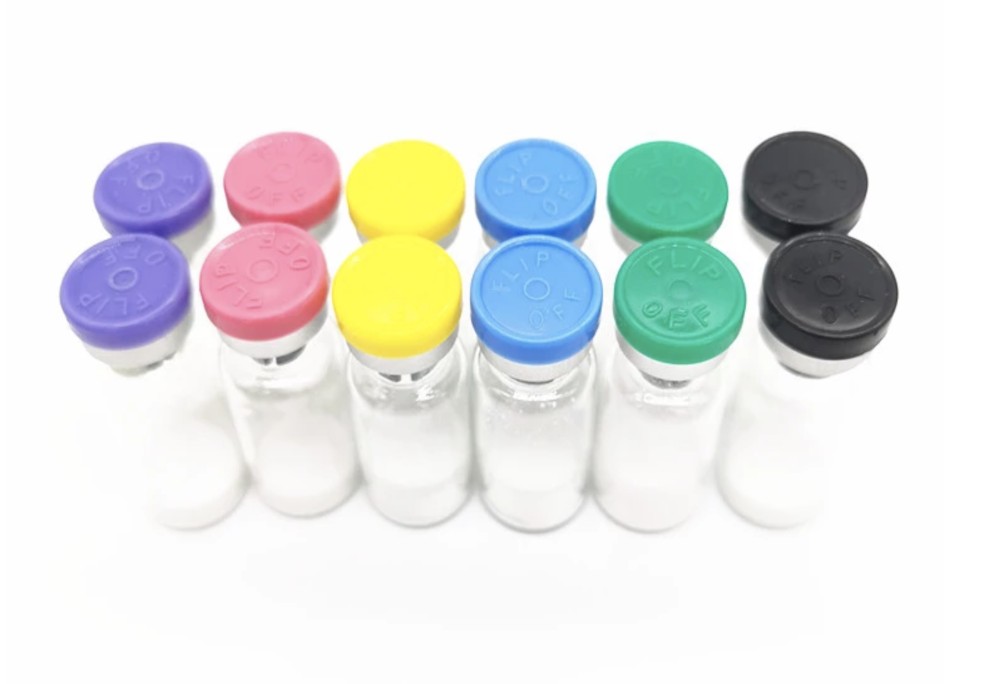Secretin acetate is a hormone that is responsible for controlling the environment of a duodenum by regulating pancreatic and stomach secretions while regulating the water homeostasis throughout an animal’s body. Specifically, it helps to regulate the duodenum’s pH by inhibiting the secretion of gastric acid from the parietal cells of the stomach and increasing stimulation of the bicarbonate production in the centroacinar cells from the pancreas.
The first species was found in animal hormone. As a basic polypeptide. Composed of 27 amino acid residues, containing 11 kinds of amino acids. Bayless and Starling (Bayliss and Starling) is equal to the discovery in 1902. Generated secretin cells as the "S" cells, mainly in the duodenal mucosa, a small amount of the distribution in the jejunum, ileum and gastric antrum.
Secretin Acetate, also called secretin, has recently been in the brain and purified, therefore also joined the ranks of brain gut peptide. Role in stimulating the pancreas to secrete large amounts of bicarbonate rich pancreatic juice, to produce maximal stimulation of secretin dose on human, dog, pig, as an intravenous injection or intravenous infusion per kg per hour 1 clinical units, the equivalent of 200 to 250 ng, strengthen weak effect on pancreatic enzyme secretion, but as with Pro pancreozymin given together, increased pancreozymin secretion, has inhibitory effect on human, dog, rat gastric acid secretion and gastrointestinal activity. Exogenous secretin, with a half-life of 4.1 minutes, metabolic clearance rate of 15 ml / min / kg body weight.






















